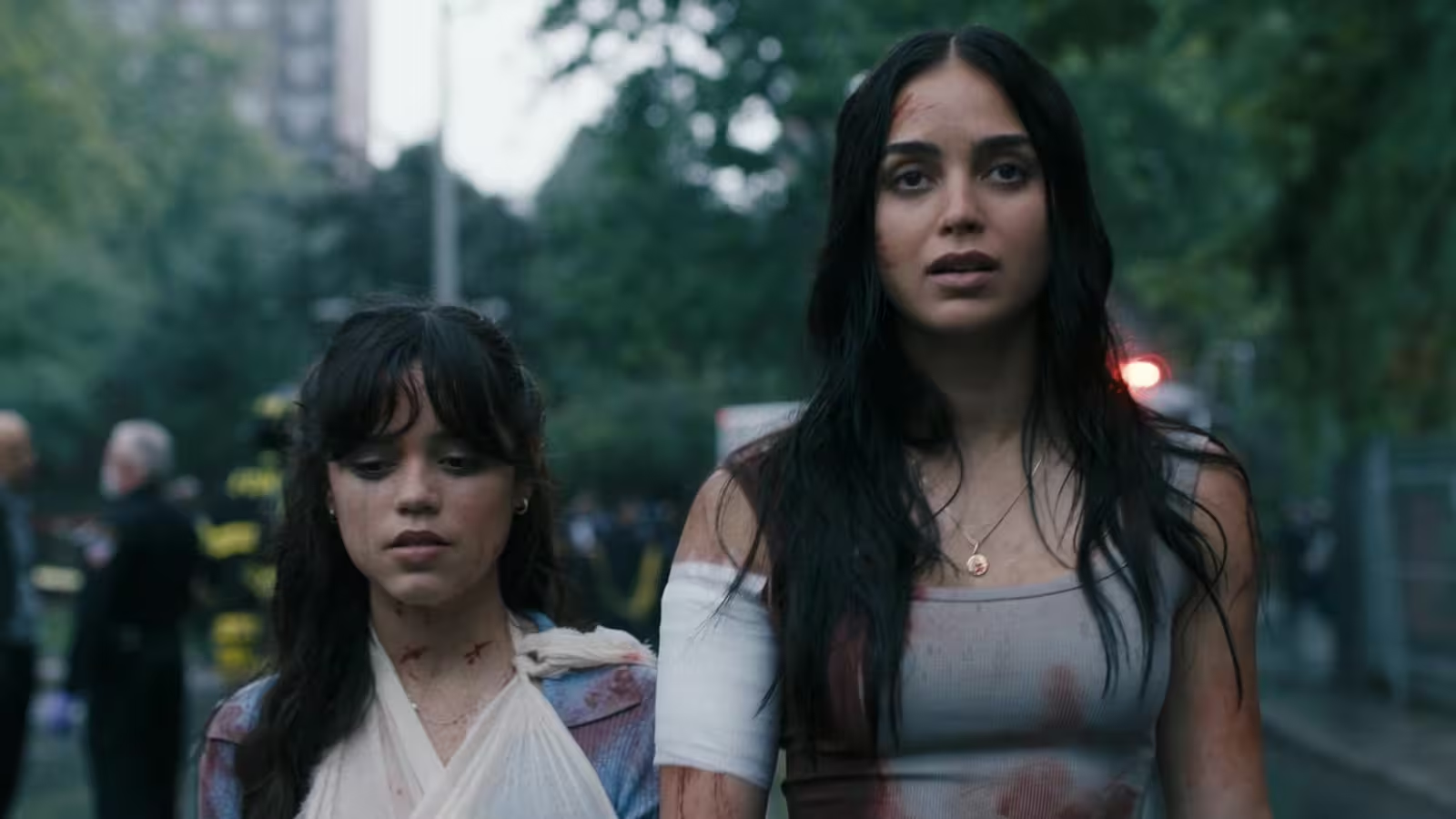5 Minutes
Horror cinema has given us nightmares, cult classics, and unforgettable villains—but let’s be honest, it’s also saddled us with some tired clichés that keep resurfacing like zombies in a graveyard. While the genre evolves with each new decade, a handful of repetitive tropes continue to drag down even the most promising films and TV series. Here, we’ll break down five of the most overused horror movie clichés that need to be retired, exploring how they affect plotlines, production choices, and audience reactions.
1. The "Horny Teenagers Die First" Trope
Slasher movies have long operated on a simple rule: the most amorous among the cast are the first to meet a grisly end. While recent horror films have started to move away from this outdated formula, the "sex equals death" motif reared its head as recently as the latest installments in iconic franchises like Scream. Not only does this cliché feel stale, it also perpetuates outdated moral judgments. Imagine a fresher approach—what if the brash, judgmental bystander became the first victim, or someone else entirely unexpected earned the coveted final spot? Turning this trope on its head would bring excitement and surprise back to the genre, giving both casual viewers and passionate horror aficionados something to scream about.
Cast, Crew & Production Insights
The perpetuation of this trope often stems from scriptwriting conventions that haven’t evolved alongside audience expectations. Directors and writers from celebrated franchises, including Wes Craven's legacy in the Scream series, have started poking fun at or subverting this trope, but there's still room for bolder reinvention.
2. The "Too Obvious Final Girl" Formula
For decades, horror fans could spot the Final Girl from a mile away: smart, careful, and innately virtuous. Fortunately, modern cinema has diversified the archetype—Final Girls (and now, Final Boys) are more complex, assertive, and morally flexible. Yet, they’re still often flagged early as the likely survivor, robbing audiences of suspense. What if, for a change, the bumbling airhead or background character accidentally bested the villain through sheer luck or comic chaos? Audiences crave unpredictability, and this would offer fresh narrative air—especially in franchises known for killer twists.
Plot & Character Development
Films like Halloween and Friday the 13th established this roadmap, but newer titles, including The Final Girls and Scream meta-sequels, have started to play with the concept. The next innovative step is to fully commit to subverting expectations—not just by updating the Final Girl’s personality, but by shuffling who gets that narrative arc.
3. Characters Clueless About Horror Logic
A recurring frustration for genre fans is watching characters blunder into obvious danger, seemingly unaware they inhabit a horror movie. While period pieces like The Conjuring can justify this with historical context, movies set in the present—such as the Paranormal Activity series—lose credibility when adults ignore haunted happenings. Audiences today are savvy, often watching with decades of genre knowledge. Incorporating self-aware, pop culture-literate characters would not only feel more realistic but also allow filmmakers to engage with fans on a deeper level.
Production & Critical Reception
Smart meta-commentary, like in Cabin in the Woods or Scream, consistently earns praise from critics and viewers for flipping this trope. Moving forward, horror creators should embrace this self-awareness to keep stories grounded—yet unpredictable.
4. The Pet Sacrifice Starter
How many times have we watched a cat or dog meet a tragic end as a tension-building device? Animal deaths are often deployed to signal the arrival of evil, but this trope has become both expected and emotionally manipulative. Imagine the shock if, just once, Fluffy turned out to be the antagonist, or if the family pet heroically survived and saved the day. With so many creative ways to generate suspense and dread, horror filmmakers should spare our furry friends and instead deliver scares in unexpected ways.
Behind the Scenes & Directorial Choices
Audiences report feeling increasingly desensitized—or outright annoyed—by unnecessary animal casualties. Directors like Jordan Peele have cleverly subverted such expectations, reminding us there are fresher ways to shock and engage viewers.
5. The Most Hated Character Gets Obvious Justice
Seeing a despicable character get their comeuppance certainly adds to audience satisfaction—but why make villains so cartoonishly evil? Modern horror could benefit from subtler antagonists whose real-life irritations (think: snobby Airbnb hosts or hypocritical email sign-offs) make their downfall both surprising and rewarding. When filmmakers craft more three-dimensional, relatable antagonists, viewers become invested on a more psychological level, elevating the entire experience.
Personal Opinions & Arts Commentary
As a movie buff and horror lover, I find this trope both comforting and stifling. While poetic justice for the universe’s worst personalities may be cathartic, new approaches—where layered characters operate in moral gray zones—would not only reflect real life but push the genre into bold, uncharted territory.
Final Thoughts
Horror movies and TV series captivate audiences with their power to surprise, terrify, and even make us laugh. Letting go of the genre’s most worn-out clichés will unlock new possibilities for storytelling, memorable performances, and innovative direction. As filmmakers experiment with structure and character, horror can continue to terrify and delight—without leaning on tired, predictable tropes. Genre fans deserve fresher nightmares—and it’s time Hollywood delivered.
Source: thoughtcatalog



Comments